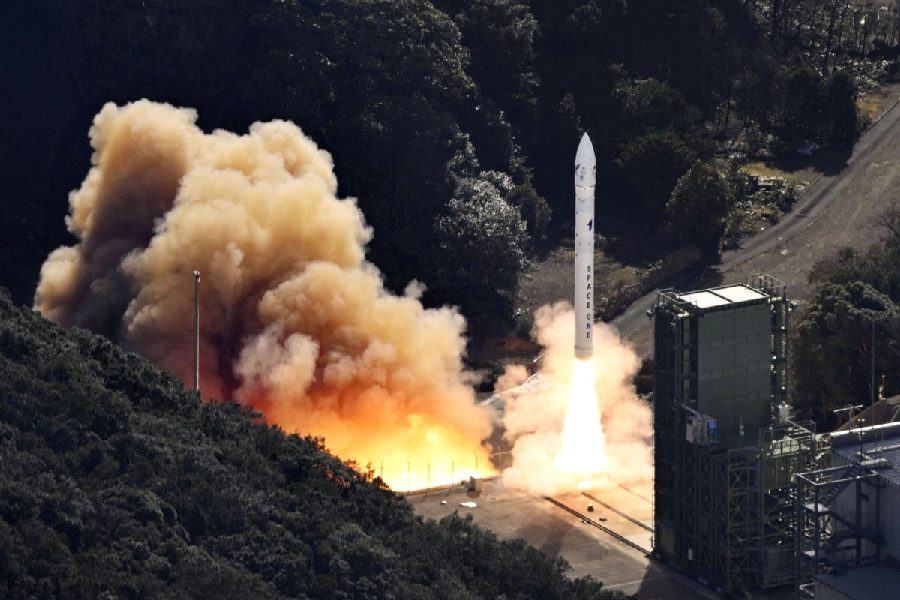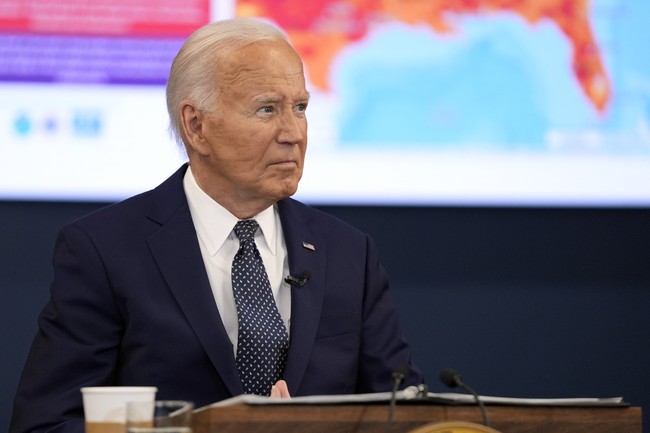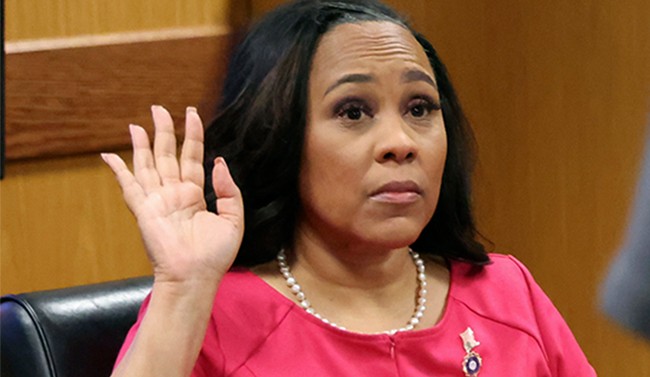Japan's Private Rocket Launch Setbacks: Learning Curves
Japan's Space One faces challenges as it strives to become a leader in the Asian space race, following the second failed attempt to launch the Kairos rocket.
Published December 19, 2024 - 00:12am

Image recovered from telegraphindia.com
Japan's ambitious foray into the private space industry has met with notable challenges, as Space One, an emerging startup, faced another failure with its Kairos rocket launch. This marks the second attempt in less than a year to become the country's pioneering private entity to successfully deliver satellites into space.
The ill-fated Kairos, a small 18-meter solid-propellant rocket, was terminated moments after liftoff from Spaceport Kii in western Japan. Carrying a promising payload of five satellites, including ones from Taiwan's space agency, the rocket lost its trajectory and stability shortly after it ascended, leading to an autonomous self-destruct trigger. The incident underscores a series of setbacks plaguing the domestic rocket development arena in Japan.
These recent failures of the Kairos rocket are part of broader challenges as the Japanese government strives to bolster its burgeoning space industry. Aiming to establish Japan as a nexus for space transportation within Asia and achieve an industry market valued at 8 trillion yen ($52 billion), the government is targeting 30 rocket launches annually by the early 2030s.
Space One, founded in 2018 through a collaboration involving Canon Electronics, IHI Aerospace, construction giant Shimizu, and the Development Bank of Japan, aspires to launch 20 small-scale rockets yearly by 2029. Their intention is to capitalize on the increasing demand for satellite launches.
The startup had previously postponed launches due to impediments such as the COVID-19 pandemic and geopolitical tensions, notably the war in Ukraine. The first Kairos mission, conducted in March, was abruptly halted just five seconds post-launch, following an erroneous flight configuration that led to its destruction.
Despite these challenges, there persists a sense of optimism within the Space One team. According to Mamoru Endo, a company executive, every failure harbors an opportunity for valuable learning. The data from these unsuccessful ventures are crucial for refining future launch attempts, with plans already underway for a third attempt in the foreseeable future.
This sentiment of persistence is mirrored by JAXA, the Japan Aerospace Exploration Agency, which has encountered its own setbacks. JAXA's recent endeavors with the Epsilon S rocket faced delays due to combustion test failures, while their larger H3 rocket experienced a failed launch earlier in 2023 but subsequently delivered successful missions, clinching deals with eminent clients such as the French satellite company Eutelsat.
The private space industry in Japan, led by companies like Space One, seeks to emulate the successes of international private space firms such as SpaceX. These efforts are part of a larger vision to reduce Japan's reliance on foreign space operators and establish the nation as a formidable force in global aerospace advancements.
Meanwhile, Space One's trials serve as a microcosm of the unique obstacles and opportunities faced by private sector space ventures in Japan. They signify a pivotal learning curve in creating a self-sustaining, competitive space market poised for greater achievements ahead.







